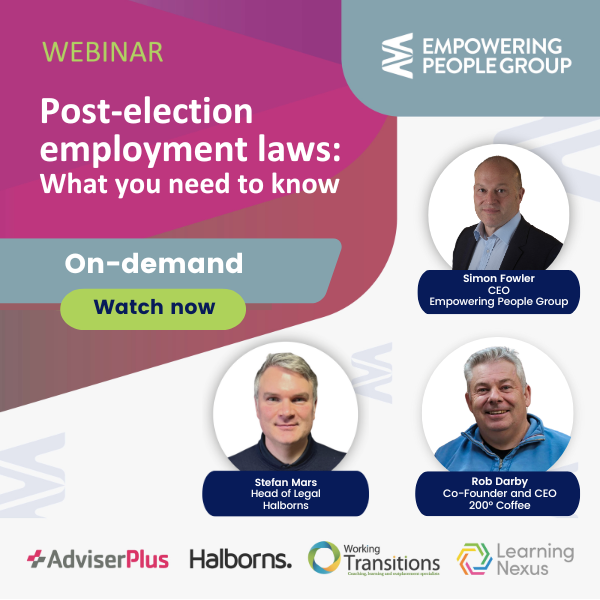Nov
01

Neurodiversity – setting up for success
By Halborns Limited Employment Law, Messages, NeurodiversityNeurodiversity – setting up for success
Oct
25

Neurodiversity – conversations with confidence
By Halborns Limited Employment Law, Messages, NeurodiversityNeurodiversity – conversations with confidence
Oct
19

Identifying neurodiversity
Recent Posts
Archives
- July 2024
- June 2024
- May 2024
- April 2024
- March 2024
- February 2024
- January 2024
- December 2023
- November 2023
- October 2023
- September 2023
- August 2023
- July 2023
- June 2023
- May 2023
- April 2023
- March 2023
- February 2023
- January 2023
- November 2022
- October 2022
- September 2022
- August 2022
- July 2022
- June 2022
- May 2022
- April 2022
- March 2022
- February 2022
- January 2022







Recent Comments